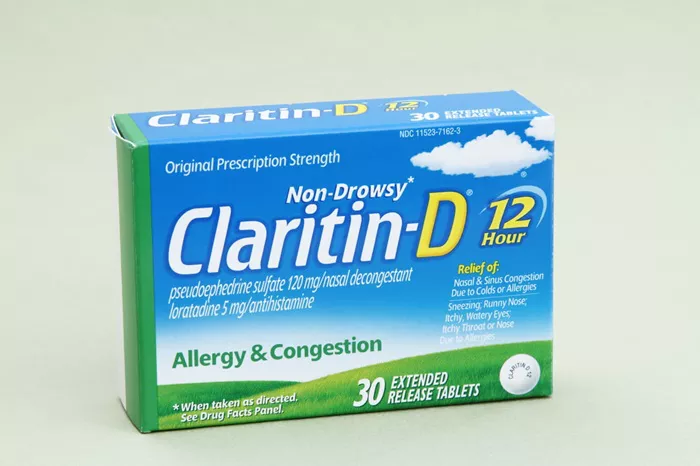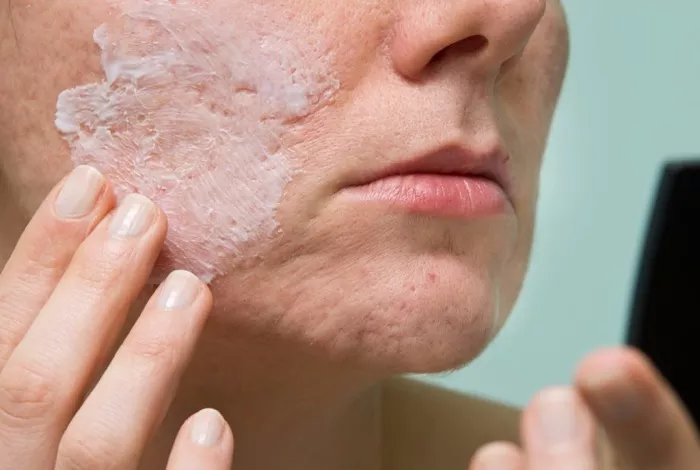The mental health of students is a critical aspect of their overall well-being and academic success. As educators, parents, and administrators strive to create supportive and nurturing learning environments, understanding how mental illness can influence student behavior is essential. This article explores the various behaviors in students that may be indicative of underlying mental health issues, providing insight into identification, support strategies, and the importance of fostering a compassionate approach.
The Prevalence of Mental Illness in Students
Mental illness among students is more common than often recognized. According to the National Institute of Mental Health, approximately one in five adolescents experiences a mental health disorder at some point during their schooling years. These conditions can range from anxiety and depression to more severe disorders such as bipolar disorder or schizophrenia. Identifying and addressing these issues early can significantly impact a student’s academic performance, social development, and overall quality of life.
Common Student Behaviors Indicative of Mental Illness
Behavioral changes or patterns that deviate significantly from a student’s norm may suggest the presence of a mental health issue. Understanding these behaviors is the first step in providing appropriate support and intervention.
1. Academic Decline
A sudden drop in academic performance can be a red flag. Mental illnesses such as depression, anxiety, or attention-deficit/hyperactivity disorder (ADHD) can impair concentration, memory, and motivation, leading to declining grades and incomplete assignments.
2. Social Withdrawal
Students with mental health issues often isolate themselves from peers and social activities. Conditions like depression and social anxiety disorder can make social interactions overwhelming, leading students to withdraw from friends and extracurricular activities they previously enjoyed.
3. Changes in Eating and Sleeping Patterns
Noticeable changes in a student’s eating or sleeping habits can be indicative of mental health issues. Eating disorders, depression, and anxiety can all affect appetite and sleep, resulting in behaviors such as skipping meals, overeating, insomnia, or excessive sleeping.
4. Emotional Outbursts
Frequent or uncharacteristic emotional outbursts, such as crying, anger, or irritability, can signal underlying mental health issues. Conditions like bipolar disorder, oppositional defiant disorder (ODD), or severe anxiety can cause students to react intensely to stressors.
5. Excessive Worry or Fear
Excessive worry, fear, or panic can be symptoms of anxiety disorders. Students may express irrational fears about school, social situations, or personal safety, and these fears can significantly impact their daily functioning and attendance.
6. Hyperactivity or Inattention
Students exhibiting extreme hyperactivity, impulsiveness, or inattentiveness may be struggling with ADHD. These behaviors can disrupt their learning process and classroom dynamics, making it challenging for them to complete tasks and follow instructions.
7. Self-Harm or Suicidal Ideation
Behaviors such as self-harm or expressions of suicidal thoughts are severe indicators of mental health crises, often associated with depression, borderline personality disorder, or severe anxiety. These behaviors require immediate intervention and support from mental health professionals.
8. Substance Abuse
The use of alcohol or drugs can be both a symptom and a coping mechanism for students dealing with mental health issues. Substance abuse can exacerbate existing conditions and lead to additional behavioral and academic problems.
Understanding Specific Mental Health Disorders and Associated Behaviors
Different mental health disorders manifest in various ways, influencing student behavior. Understanding the specific symptoms and behaviors associated with common mental health conditions can aid in early identification and support.
Depression
Depression is characterized by persistent feelings of sadness, hopelessness, and a lack of interest in activities. Behaviors in students may include:
1. Withdrawal from social interactions and activities.
2. Decline in academic performance.
3. Changes in eating and sleeping habits.
4. Expressions of worthlessness or excessive guilt.
5. Decreased energy and motivation.
Anxiety Disorders
Anxiety disorders encompass a range of conditions, including generalized anxiety disorder (GAD), social anxiety disorder, and panic disorder. Common behaviors include:
1. Excessive worry about academic performance, social interactions, or future events.
2. Avoidance of school or specific situations.
3. Physical symptoms such as headaches, stomachaches, or fatigue.
4. Difficulty concentrating or completing tasks.
5. Irritability and restlessness.
Attention-Deficit/Hyperactivity Disorder (ADHD)
ADHD is marked by patterns of inattention, hyperactivity, and impulsivity that interfere with functioning. Behaviors in students may include:
1. Difficulty staying focused on tasks or instructions.
2. Frequent daydreaming or distraction.
3. Impulsive actions or speech.
4. Difficulty organizing tasks or managing time.
5. Excessive talking or interrupting others.
Bipolar Disorder
Bipolar disorder involves extreme mood swings, including episodes of mania and depression. Behaviors in students may include:
1. Periods of elevated mood, increased energy, and hyperactivity.
2. Risky or impulsive behavior during manic episodes.
3. Severe depressive episodes with symptoms similar to depression.
4. Rapid mood changes that impact daily functioning.
5. Difficulty maintaining consistent academic performance.
Obsessive-Compulsive Disorder (OCD)
OCD is characterized by intrusive, unwanted thoughts (obsessions) and repetitive behaviors or mental acts (compulsions). Behaviors in students may include:
1. Excessive handwashing, checking, or organizing.
2. Difficulty completing tasks due to ritualistic behaviors.
3. High levels of anxiety related to obsessive thoughts.
4. Avoidance of situations that trigger obsessions.
5. Repeatedly seeking reassurance from teachers or peers.
Supporting Students with Mental Health Issues
Identifying and supporting students with mental health issues requires a collaborative and compassionate approach involving educators, parents, and mental health professionals. Here are some strategies to consider:
1. Early Identification and Intervention
Early identification of mental health issues can prevent escalation and improve outcomes. Schools should implement screening tools and training for staff to recognize signs of mental health concerns. Early intervention can include counseling, academic accommodations, and communication with parents.
2. Creating a Supportive Environment
A supportive school environment can significantly impact a student’s mental health. This includes:
1. Providing mental health education and reducing stigma.
2. Establishing safe spaces for students to express their feelings.
3. Offering peer support programs and mental health resources.
4. Encouraging positive relationships between students and staff.
3. Individualized Support Plans
Developing individualized support plans for students with mental health issues can help address their specific needs. This may involve:
1. Academic accommodations, such as extended deadlines or modified assignments.
2. Behavioral interventions and coping strategies.
3. Regular check-ins with school counselors or mental health professionals.
4. Collaboration with parents to ensure consistent support at home.
4. Professional Development for Educators
Educators play a crucial role in supporting students’ mental health. Professional development programs can equip teachers with the knowledge and skills to:
1. Recognize signs of mental health issues.
2. Implement classroom strategies to support affected students.
3. Foster a positive and inclusive classroom environment.
4. Collaborate with mental health professionals and parents.
5. Access to Mental Health Services
Access to mental health services is essential for students with mental health issues. Schools should provide or facilitate access to:
1. School-based counseling and psychological services.
2. Referrals to community mental health providers.
3. Crisis intervention and support for students in immediate distress.
4. Resources and information for parents on supporting their child’s mental health.
6. Promoting Resilience and Coping Skills
Teaching students resilience and coping skills can help them manage stress and mental health challenges. This can be achieved through:
1. Social-emotional learning (SEL) programs that focus on emotional regulation, problem-solving, and healthy relationships.
2. Mindfulness and relaxation techniques to reduce anxiety and improve focus.
3. Encouraging physical activity and healthy lifestyle choices.
Conclusion: A Collective Responsibility
Understanding and addressing the behaviors associated with mental illness in students is a collective responsibility that requires the collaboration of educators, parents, mental health professionals, and the broader community. By fostering awareness, providing appropriate support, and creating nurturing environments, we can help students navigate their mental health challenges and achieve their full potential. Recognizing that mental health is integral to overall well-being and academic success is the first step towards a more inclusive and supportive educational system.
[inline_related_posts title=”You Might Be Interested In” title_align=”left” style=”list” number=”6″ align=”none” ids=”8871,8867,8863″ by=”categories” orderby=”rand” order=”DESC” hide_thumb=”no” thumb_right=”no” views=”no” date=”yes” grid_columns=”2″ post_type=”” tax=””]
































